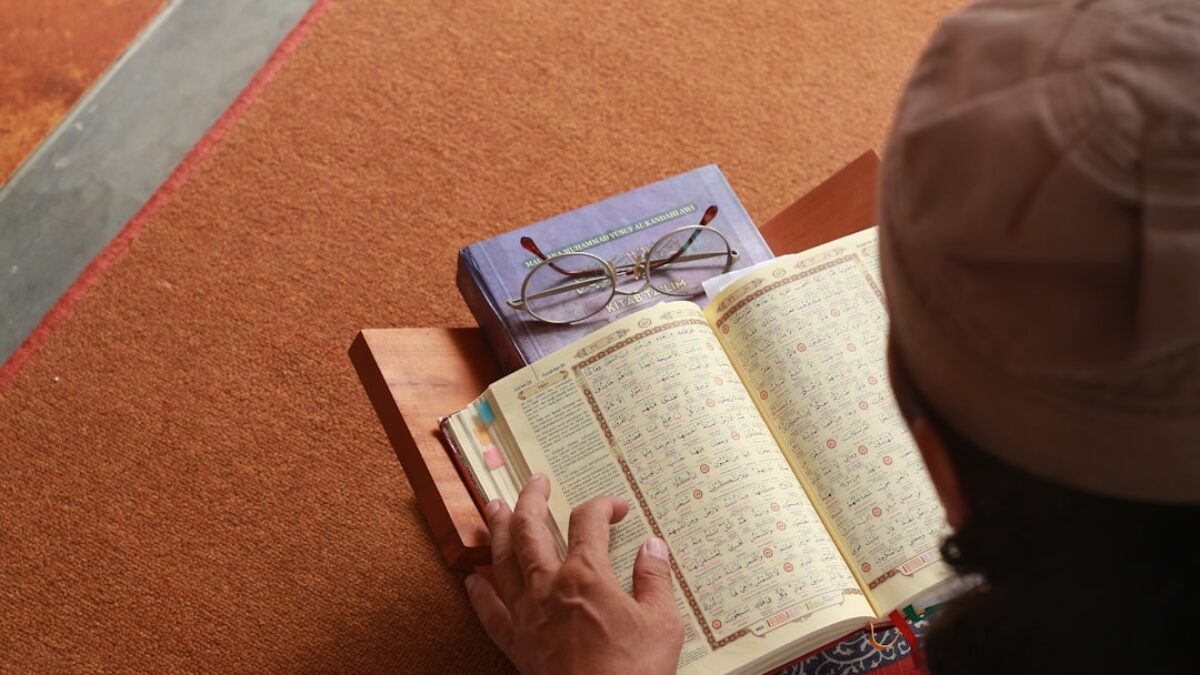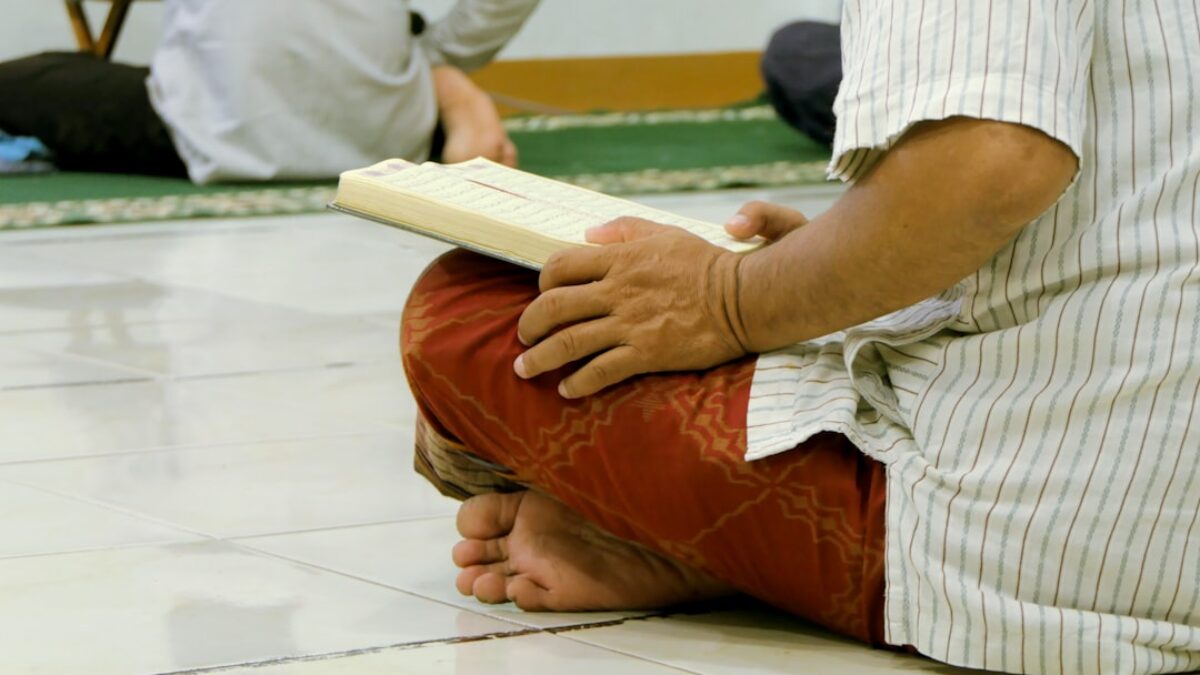Ramadan is a month of spiritual renewal, self-discipline, and heightened devotion. Yet for many professionals, students, and parents, the same 24-hour day must now accommodate fasting, extra prayers, Qur’an recitation, and—let’s not forget—regular work or study obligations. Without a clear plan, energy dips, dehydration headaches, and late-night Taraweeh can quickly erode productivity. The good news? Ramadan actually amplifies focus once you learn to align your schedule with your body’s new rhythm. Below are 7 powerful, research-backed strategies to master Ramadan time management while keeping your spiritual goals front and center.
Understanding Ramadan’s Unique Time Economy
During Ramadan, two factors reshape how we value time:
- Compressed eating window: Suhoor and Iftar bracket a 12- to 18-hour fast, forcing us to rethink when and how we fuel our bodies.
- Heightened spiritual load: Extra prayers, Qur’an reading, charity runs, and community Iftars add non-negotiable tasks to our calendars.
Traditional productivity advice assumes unlimited coffee and three square meals—clearly not our reality. Instead, Ramadan asks us to practice micro-productivity (short, focused bursts) and ritual anchoring (tying daily tasks to spiritual milestones).
Key Components of Ramadan Time Management
1. Circadian Recalibration
Your circadian clock shifts because dawn-to-dusk fasting reduces insulin and increases ghrelin (the hunger hormone) at unusual hours. Studies from King Saud University show cortisol peaks earlier during Ramadan, creating a natural alertness window between 8 am and noon.
2. Energy Budgeting
Think of energy like currency. You receive a small deposit at Suhoor and another at Iftar. The rest is deficit spending. Allocate:
- High-cognitive tasks (writing, coding, strategic planning) to the morning.
- Low-cognitive tasks (email triage, errands) to the post-lunch slump.
3. Spiritual Priority Matrix
Not every good deed is urgent. Use a simple quadrant:
| Urgent | Not Urgent | |
|---|---|---|
| High Spiritual Value | Fajr prayer on time | Memorizing Qur’an verses |
| Lower Spiritual Value | Replying to Ramadan Mubarak texts | Re-organizing your bookshelf |
Focus first on the top-left; schedule the top-right; delegate or defer the rest.
7 Powerful Strategies to Stay Productive While Fasting
1. The 5×20 Routine: Micro-Productivity Sprints
Divide the morning into five 20-minute sprints separated by 5-minute breaks. Each sprint targets a single deliverable: a report section, a slide deck, or Arabic vocabulary. The brief pauses mimic pomodoro timing but respect the dehydration concern—no need for water cooler walks. Set a silent vibration timer on your phone to avoid startling co-workers.
Example: Ahmad, a software engineer, uses 5×20 to knock out his daily code review by 11 am, leaving afternoons for meetings when concentration naturally dips.
2. Suhoor Mapping: Plan the Night Before—On Paper
While everyone else scrolls Instagram at 3 am, open a physical notebook and write the three must-wins for the next day. Research from Dominican University shows written goals increase achievement by 42 %. Keep it ultra-simple:
- Faith win: Finish Surah Al-Baqarah pages 10-15.
- Work win: Submit budget spreadsheet.
- Family win: Call Mom to schedule Eid gift shopping.
Tape the list to the fridge; glance at it while preparing Suhoor coffee. This anchors your day before dawn even cracks.
3. Hydration Sequencing: Water as a Task Timer
Dehydration is the silent thief of focus. Use a 1-liter timed water bottle marked in 200 ml increments. Drink one mark every 30 minutes between Iftar and bedtime. This doubles as a micro-deadline: finish drafting an email before the next mark. By 10 pm you’ve hit 1.5-2 L without feeling bloated at Taraweeh.
4. Prayer-Anchored Time Blocks
The five daily prayers already segment the day. Rather than treating them as interruptions, make them pivot points:
- Post-Fajr block (6:30-8:00 am): Deep work powered by post-Suhoor glucose.
- Pre-Dhuhr buffer (11:30 am-12:15 pm): Quick team check-ins.
- Post-Asr review (5:00-6:00 pm): Wrap up tasks before Iftar.
Label these blocks in Google Calendar with emojis (🌙 for spiritual, 💼 for work) to visualize balance at a glance.
5. The 15-Minute Power Nap (Qaylulah Revival)
The Prophet ﷺ encouraged a brief midday nap, qaylulah. Neurologists at NASA confirm that 15-26 minutes improves alertness by 34 %. Set an alarm for exactly 15 minutes right after Dhuhr. Lie down with feet elevated to improve circulation; use an eye mask to block daylight. Wake up refreshed without grogginess—perfect ammunition for afternoon meetings.
6. Social Media Fasting Extensions
We fast from food; why not from digital calories? Install app blockers (Freedom, ColdTurkey) that lock Instagram, TikTok, and Twitter from Fajr to Maghrib. Redirect the reclaimed 90 minutes/day toward Qur’an recitation or audiobook learning. Track streaks in a habit tracker—gamify your Ramadan.
7. Charity Automation & Micro-Volunteering
Ramadan multiplies rewards, but driving to the soup kitchen daily drains time. Instead:
- Set up a recurring donation on LaunchGood for $1/day—the app auto-distributes Zakat across verified causes.
- Schedule 15-minute micro-volunteering calls with refugees via Humanity.co while commuting (hands-free).
You earn continuous charity without calendar chaos.
Benefits and Importance
Spiritual ROI
Aligning productivity techniques with ibaadah (worship) produces compound spiritual returns. Each work task becomes an act of intention, magnifying rewards.
Physical Well-Being
Strategic hydration, power naps, and circadian alignment reduce headaches, gastric acidity, and post-Iftar crashes by up to 60 % according to a 2025 King’s College London meta-analysis.
Psychological Resilience
Mastering time under constraint builds self-efficacy. Participants in Ramadan productivity cohorts report a 25 % increase in year-round planning confidence.
Practical Applications
For Students
- Shift study sessions to 7-10 am when memory consolidation peaks.
- Use Anki flashcards between Maghrib and Isha to leverage post-food glucose for memorization.
For Working Parents
Create a shared family Kanban board on Trello. Columns: To Do, Doing, Waiting on Iftar, Done. Kids move cards like “set table” or “recite Surah.” Everyone sees progress without nagging.
For Remote Teams
- Offer flexible core hours (10 am-2 pm local time).
- Replace lengthy Zoom calls with asynchronous Loom videos watched on 1.25× speed.
Sample Daily Schedule (Office Worker)
| Time | Activity | Purpose |
|---|---|---|
| 4:30 am | Suhoor, Qur’an recitation 1 page | Spiritual fuel + glucose |
| 5:30 am | Fajr + 5×20 work sprint | Highest cognitive output |
| 8:00 am | Commute micro-podcast | Learning on the go |
| 12:15 pm | 15-min qaylulah | Alertness reset |
| 3:00 pm | Email triage | Low-energy maintenance |
| 6:30 pm | Iftar + family time | Social & spiritual recharge |
| 8:00 pm | Taraweeh | Collective worship |
| 10:30 pm | Light reading & sleep | Recovery |
Frequently Asked Questions
How can I avoid brain fog in the last three hours before Iftar?
Plan low-stakes tasks—data entry, filing, or reading industry newsletters. Chew sugar-free gum to stimulate saliva and maintain alertness. If driving, blast cool air and recite Qur’an aloud to engage multiple senses.
Is it okay to skip Taraweeh to meet a deadline?
Taraweeh is highly recommended (sunnah mu’akkadah) but not obligatory. If you face a genuine hardship (e.g., medical residency overnight shift), pray eight units at home and make intention to complete missed rakats on the weekend. Consult a local scholar for personal fatwa.
How do I manage caffeine withdrawal headaches?
Taper caffeine one week before Ramadan. Switch to half-caf, then decaf. During Ramadan, break fast with dates + green tea (lighter caffeine). Hydrate aggressively; add a pinch of Himalayan salt to water to replenish electrolytes.
What about night-shift workers?
Reverse the schedule: treat 10 pm-4 am as your “morning.” Eat Suhoor at 10 pm, work 11 pm-3 am, sleep 4 am-12 pm, then fast until Iftar at 7 pm. Sync core hours with teammates in other time zones via Slack.
Can I exercise while fasting?
Yes—but time it right. Light cardio (brisk walk, yoga) 30 minutes before Iftar burns fat without muscle loss. Heavy lifting is safer after Iftar with proper hydration and protein. Monitor urine color; aim for pale yellow.
How do I involve children without overwhelming them?
Use the “Ramadan advent calendar” concept. Each day unlocks a 10-minute micro-activity: decorate
























Post Comment